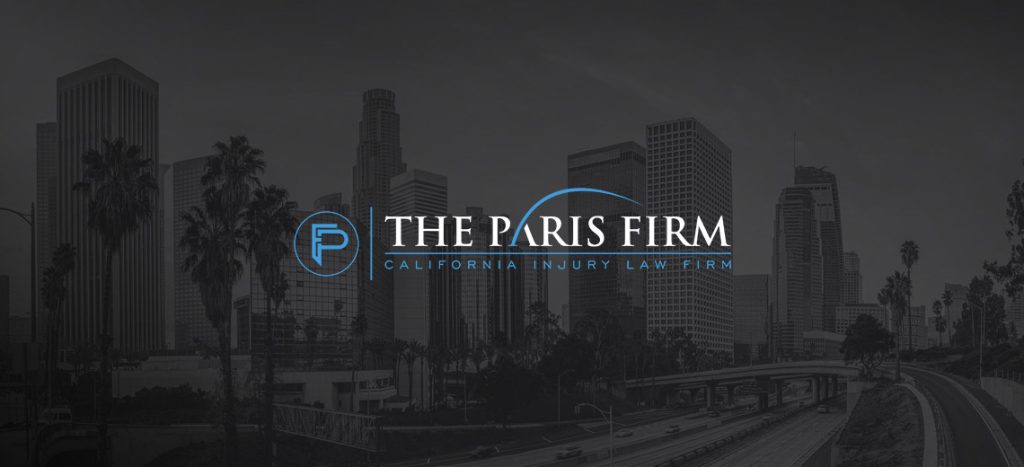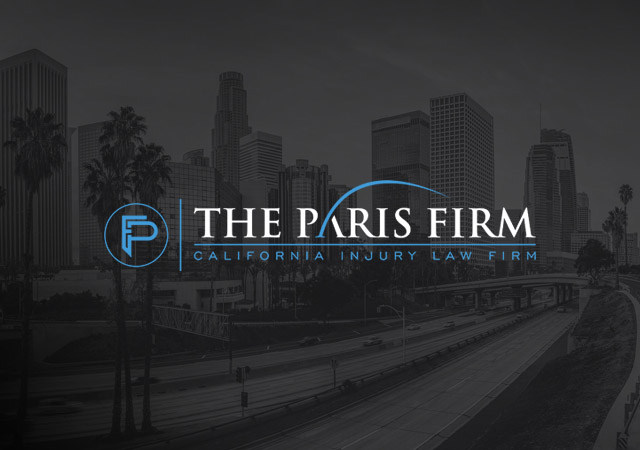It seems obvious that if you were driving the car at the time of an accident, you would be held responsible for your behavior. Whether you were liable because you were driving under the influence of alcohol or simply weren’t paying attention at the time, liability may be contested in these legal cases but it’s quite clear who was driving the cars at the time of the crash.
Did you know that in certain situations, however, that you could be held responsible for an accident even if you weren’t in the car? This can be unnerving to think about, but it’s important for the sake of knowing who is able to drive your vehicle and what you need to consider before handing over the keys.
An employer who allows his/her employee to drive a car for work, for example, could be held liable in the event of an accident caused by that driver’s negligence. This often comes up in trucking accidents in which human error caused the incident to begin with. Another example of being held negligent involves parents of teen drivers who allow their child to drive the family car.
While having appropriate insurance on the car can help to minimize costs in the event of any accident, you might even be held liable if you knowingly allowed someone who was not a safe driver to get behind the wheel of your car.
This is a difficult situation to think about, but you should never allow another person to operate your car if they have a track record of dangerous behavior or driving problems. Giving them your keys could lead to severe accidents and injuries and it could also expose you to serious problems in the event of an accident. For that reason, you will need to speak to an experienced personal injury lawyer about a defense in a legal claim tied to someone else using your vehicle- this complicated situation requires insight from an attorney who knows the legal issues involved in such a claim.
Don’t wait to schedule a consultation with the esteemed attorneys at The Paris Firm today.
The articles on this blog are for informative purposes only and are no substitute for legal advice or an attorney/client relationship. If you are seeking legal advice, please contact our law firm directly.











